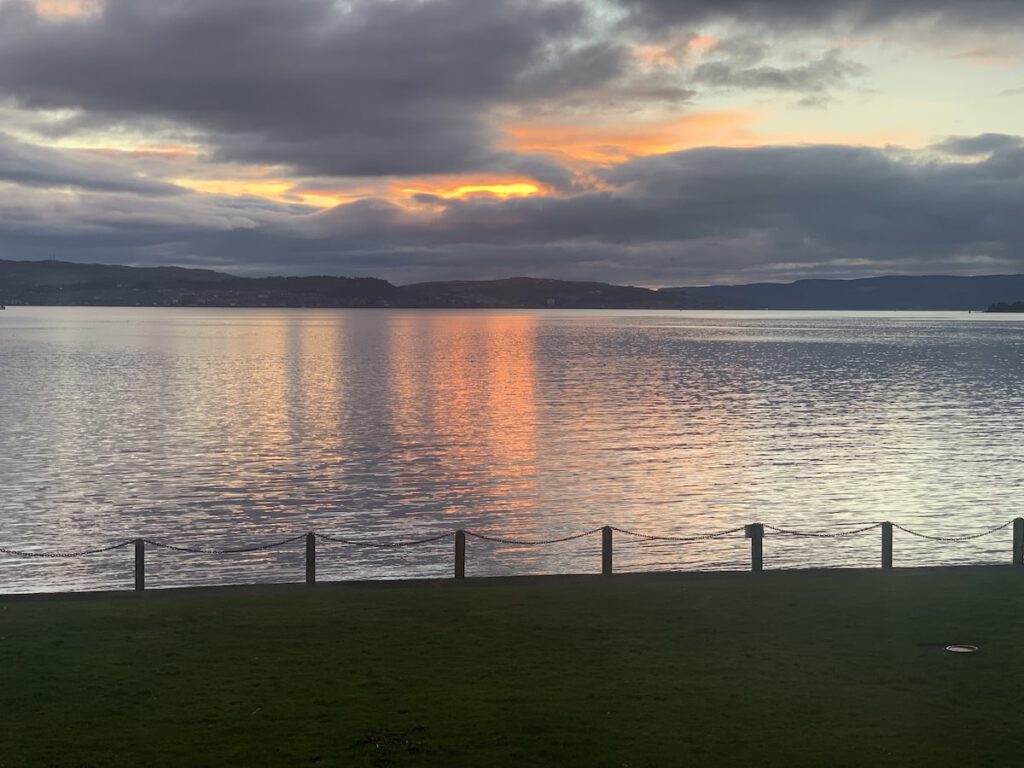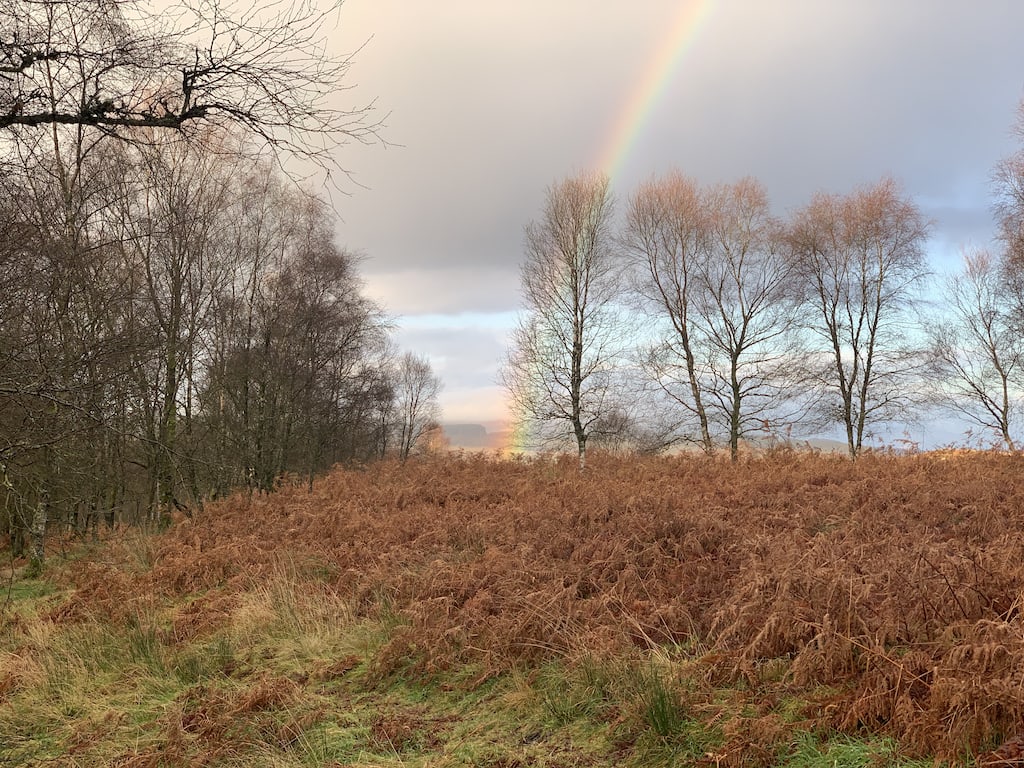Read: A Spell of Winter by Helen Dunmore ★★★★☆ 📚
Broken characters crumble with the house. Lyrical countryside. The young ones grow wild. Relationships are awkward or too intense. The first world war appears out of nowhere.
A list of RSS related stuff: tools, services, communities and tutorials, etc. - GitHub - AboutRSS/ALL-about-RSS
Extensive! hat tip: Joe
#FeedReaderFriday 4
The idea
#FeedReaderFriday: A Suggestion for Changing our Social Media Patterns | Chris Aldrich
Folk to Follow
Chris Aldrich, who started #FeedReaderFriday has a great feed, but I also follow his hypothes.is stream Feed. I don’t use hypothes.is myself, and the number of items in the feed would be overwhelming if you tried to keep up, but it contains many nuggets that you would not find elsewhere.
Not a person but tinywords: haiku & other small poems has an RSS Feed
Feed Reader Tip
Ignore the unread count. Some feed readers show you the number of unread items. forget FOMO and ignore items, feeds and the whole thing if you have something else to do.
This post is part of a series with a wee bit about readers and a couple of suggestions of feeds to follow.
Re-launched instagram-atom, my side project that lets you read your Instagram feed in any feed reader, with new browser extensions for Chrome and Firefox. Feel free to try it out, feedback is welcome!
I’ve not posted to Instagram for over a year. I don’t miss the adverts or bonkers timeline. I do miss photos from family & folks I don’t see elsewhere online. This sorts that out via my RSS reader.
Replied to IndieWebCamp Popup: How to Make the IndieWeb More Approachable (events.indieweb.org) The IndieWeb community welcomes anyone who is interested in expressing themselves on a personal website, regardless of technical experience. In this meetup, we will be asking the question “how can we ma...
The IndieWeb is build on the kindness and enthusiasm of many clever folk doing tricky things. Simple it is not. I imagine this chimes with none technical or time poor folk. It does with me. There is a mention of micro.blog as the smoothest path to indieWeb happiness.
More Podcasting in the Classroom thoughts
On authenticity, assessment and aspiration
Sometimes I think that authentic tasks are based on the tastes and whims of the educated elite. Is a literary podcast really authentic for a 15-year-old? Are hipster food trucks really the most efficient way to learn about business? As Doug Lemov once said, it’s our role to find the shortest path to learning.
Rebecca Birch powerfully critiques podcasting and other authentic projects used in the classroom. She is writing specifically about the secondary English classroom, I can really comment on that. It did make me think about podcasting in the primary classroom though.
Podcasting has been one of my favourite classroom activities for years.
As a teacher, do I really have the real-world skills to teach interviewing, sound editing, research and the mechanics of discursive writing, on top of critically analysing a text? If I had both the time and expertise then maybe I could justify this choice. Usually, with a task like this, the crafting of the assessment itself happens through many hours of student struggle outside the classroom. It’s difficult to justify the opportunity cost.
I certainly don’t have those real-world skills. I have podcasted a bit though.
Earlier this week I tweeted from our school account:
Brilliant literacy session for the biggies today, class showed iron concentration, talking, listening and editing for flow. Working on expression and talking for an audience. pic.twitter.com/lITqLE1LNx
— Banton Primary (@Banton_Pr) December 2, 2022
When I observed my class being completely absorbed in writing scripts for their podcast. Getting primary pupils to edit their writing and think about making their oral communication effective is sometimes tricky for me. Audience, or perceived audience, can make a difference. For Scottish primary teachers at least the activity of podcasting covers a large number of the experiences we are supposed to supply to our pupils.
I don’t think a podcast needs to take so much of the classes time that it would be detrimental. Especially as it give the pupils a chance to practise so many of the skills we are trying to teach.
Had I spent several weeks teaching visual design, sound production or video production skills, those students would have been several weeks further away from their ambition to undertake tertiary study.
In the primary class at least we don’t need to spend those weeks. Audio podcasting is a lot simpler than video. We are not aiming for a professional grade BBC podcast. We are trying to give our class motivation to practise their talking, listening, reading and writing. Communication with their peers and an audience. For me simple podcasting provides a great opportunity for that.




